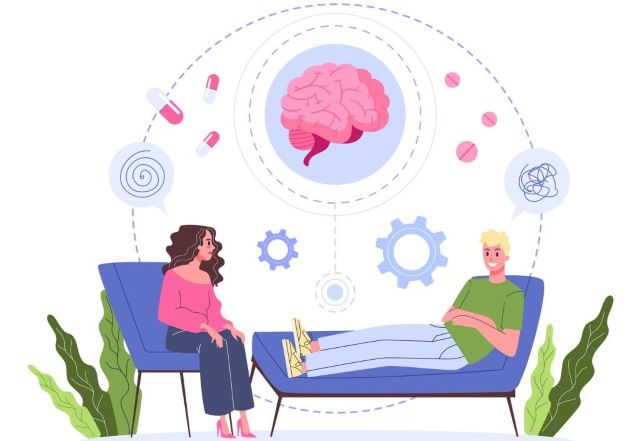
Since 2008, this month has been dedicated to addressing mental health within minority communities and working towards reducing the stigma associated with mental illness.
On World Mental Health Day 2023, the World Health Organization (WHO) tweeted that significant investment is needed to break the silence around mental health.
Mental health is crucial for emotional, psychological, and social well-being at every stage of life.
However, minority groups, including Hispanic, Black, and Asian adults, are less likely to seek or receive mental health services compared to White adults.
This disparity is influenced by factors such as lack of health insurance, limited access to treatment, and social stigma.
Despite the increasing diversity of the U.S. population, systemic disparities in health and mental healthcare persist, driven by historical and ongoing racism and ethnic discrimination.
BIPOC (Black, Indigenous, and People of Color) communities face unique challenges and are more likely to experience persistent mental illness compared to White populations.
Research suggests that the underdiagnosis of mental illness among people of color may be due to a lack of culturally sensitive screening tools and structural barriers.
Additionally, asylum seekers and refugees often experience high rates of mental health conditions such as depression, anxiety, and post-traumatic stress disorder.
These findings emphasize the urgent need for culturally appropriate mental health support for BIPOC communities.
The U.S. Army Corps of Engineers has been tasked with…
Brown and Caldwell, a leading environmental engineering and construction firm,…
Humboldt State University, one of four campuses within the California…